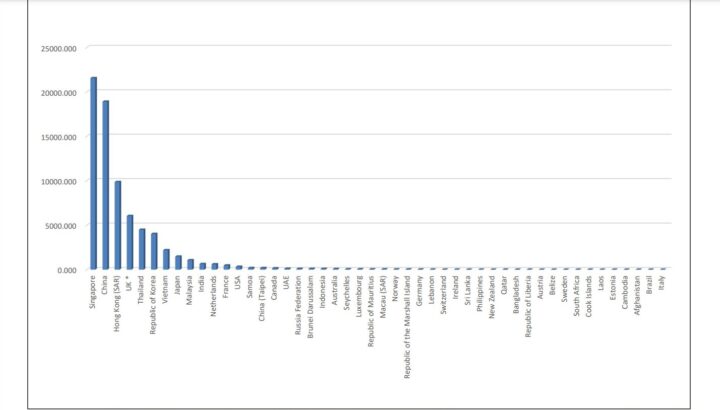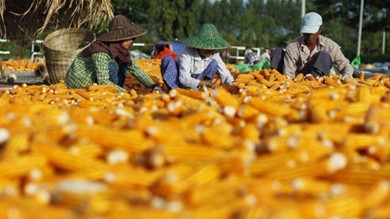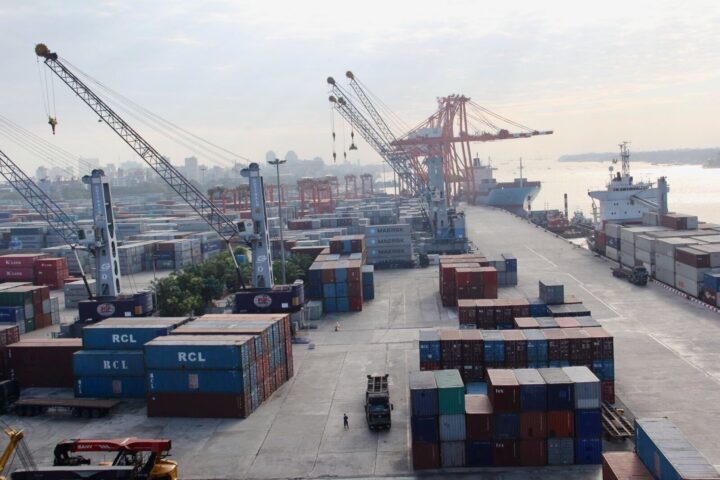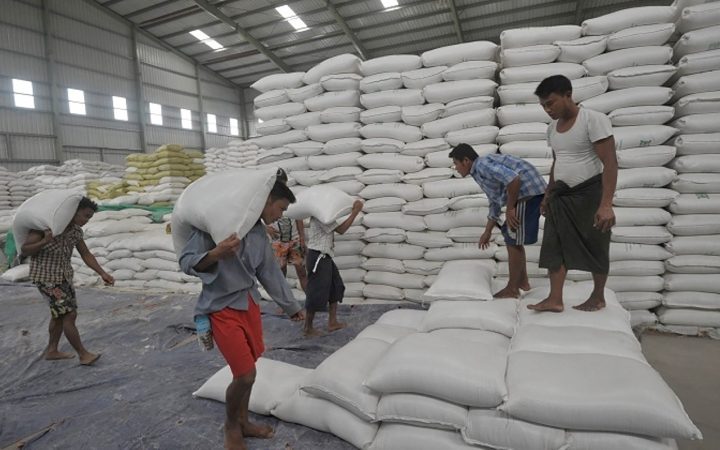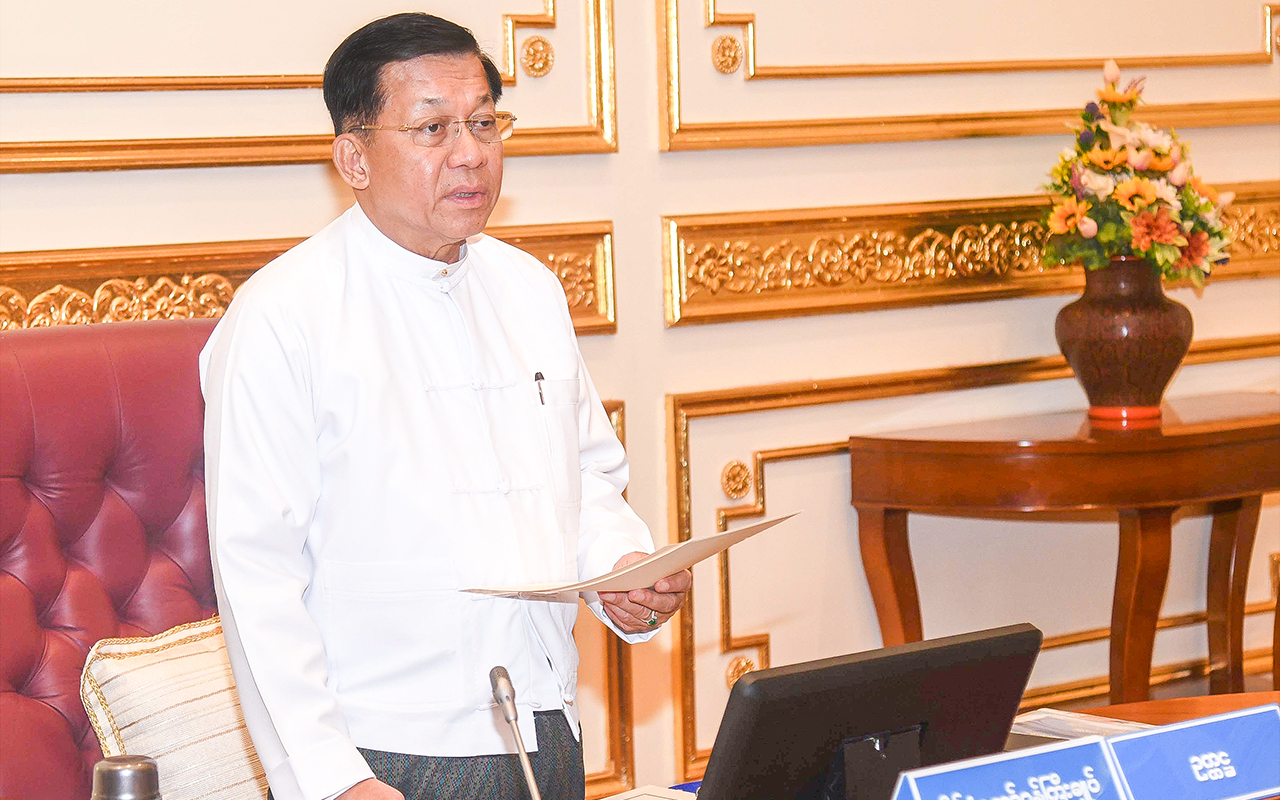Myanmar sought continuous supports from EU which drive for the development of Myanmar’s Economy
8 Jan 2019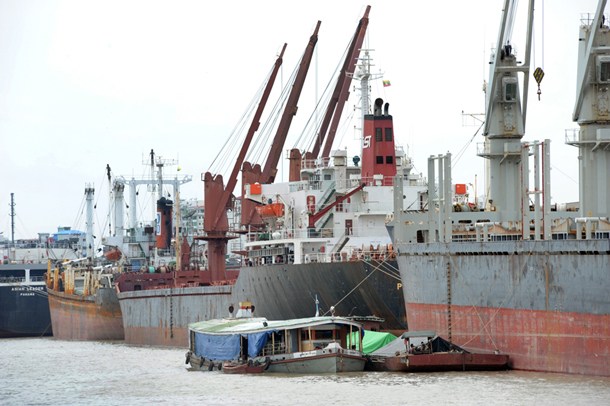
Daw Khaing Khaing Nwe, Joint General Secretary of the Union of Myanmar Federation of the Chambers of Commerce (UMFCCI), they met with European Union (EU) officials in Brussels, Belgium during the second week of December. At the meeting they requested the EU continue the Generalised Scheme of Preferences (GSP) and Everything But Arms (EBA) saying that EU’s GSP/EBA is a crucial drive for the development of Myanmar’s Economy.
The GSP allows Myanmar to pay fewer or no duties on exports to the EU, giving them vital access to the EU market and contributing to their growth
She was responding to the expression of EU’s officials on GSP expressed their wishes to see development in other sectors as well as garment sector, despite the fact that Myanmar is currently facing a lot of challenges.
Daw Khaing Khiang Nwe, who also served as the general secretary of Myanmar Garment Manufacturer Association, met officials from Directorate General for Trade and Directorate-General for Employment, Social Affairs and Inclusion at Charlemagne Building of EU in Brussels.
She was there to explain the emerging labor market which has gained momentum after the EU’s GSP/EBA and also talked about the potential impact of removing the GSP/EBA on Myanmar since the EU is re-considering the GSP benefits they granted the country a few years ago. After ten years of economic sanctions on Myanmar, the EU removed the sanctions in 2013.
They are thinking about removing the GSP because of the accused human rights issues surrounding the conflicts which occurred in Rakhine State.
Daw Khaing Khaing Nwe at the meeting with EU officials pressed that keeping GSP benefits is the only way of defeating forced labor and child labor which are major challenges for economy.
EU officials also discussed the result of the SMART Myanmar Project, the project is supported by the EU with the aim of creating a better and proper working environment for sustainable jobs in the garment sector. Because of the project and estimated 60 percent of garment factories in Myanmar are operating in line with EU’s standards.
There are over 400 factories in Myanmar that employ over 230,000 workers, two thirds of the factories are foreign investments.
Because of the EU’s GSP, Myanmar’s garment sector has grown from many foreign investments, local economists worry though that if EU removes GSP it will negatively affect these investments and result in a 13 percent tax on Myanmar export.
(Myanmar Business Today: https://www.mmbiztoday.com/articles/myanmar-seeks-continued-support-eu-trade )

